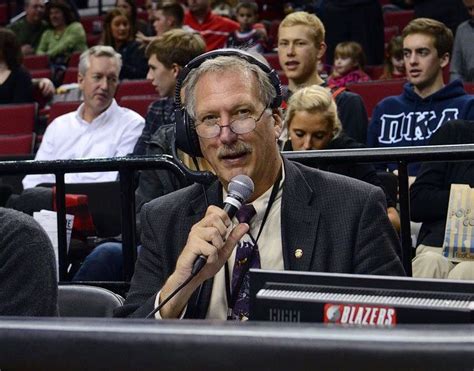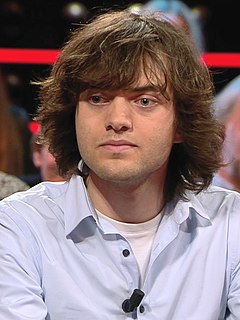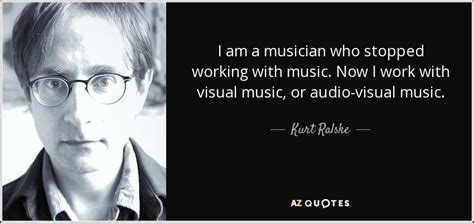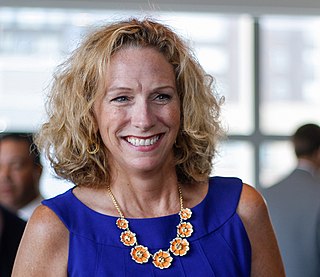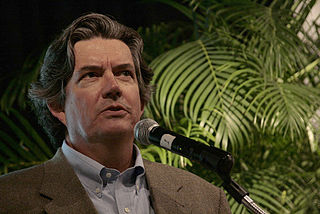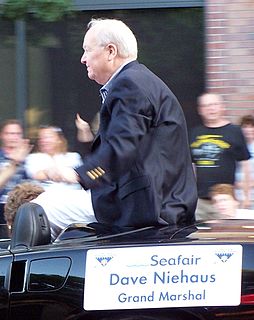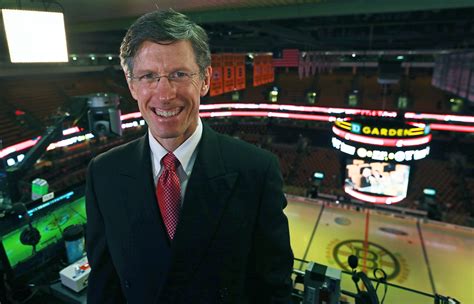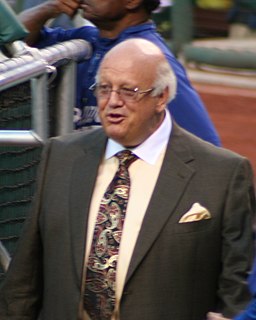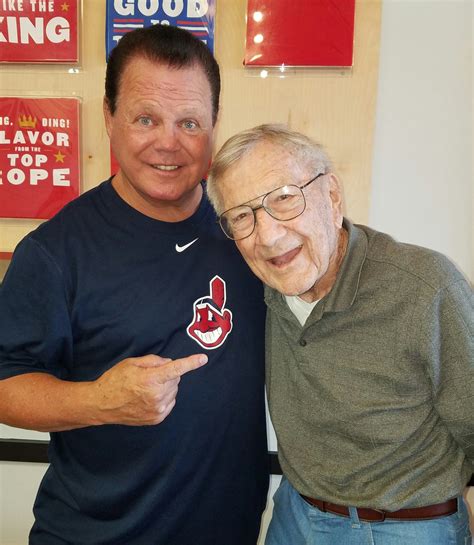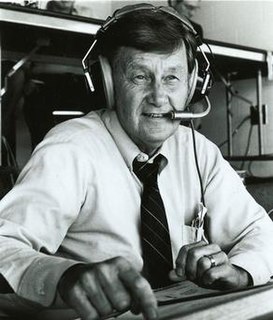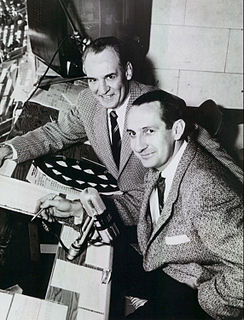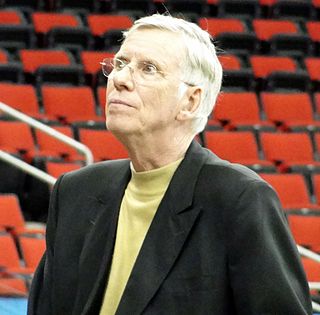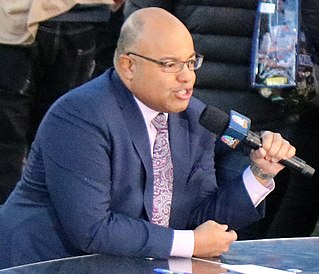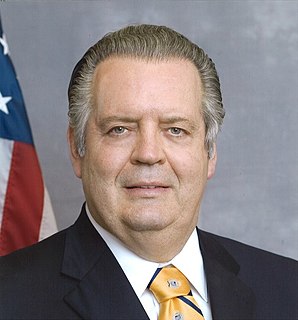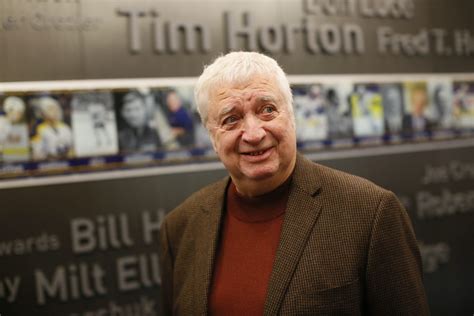A Quote by Mark Mason
I automate some tasks and delegate many others. Doing research, job organization, data processing, field surveys, and plan preparation can be tedious, detailed work.
Related Quotes
I'm doing a lot of cognitive processing. I'm gathering research. I'm processing it. I'm arranging the data. I'm sorting out the narrative. I'm designing. It's almost as if I do all the cognitive work that you then don't have to do. I digest it, process it, and then offer something that's very easy for you to digest.
I've always loved doing research. I remember doing a research project on the Babylonian numeral system in the eighth grade and thinking, 'This is pretty awesome - is this really a job you can have?' This led me toward a career as an academic, although it took me until college to realise that economics was the right field.
No matter the organization, the goal, or the mission, you've got to do it through people. It's been that way for me since my first command. I work to understand the people, their views and needs, and how tasks are being carried out.That interaction might cause me to modify my guidance or the way I delegate. It also affords me an opportunity to learn what goals people have and how as their boss I can facilitate their future in ways that not only help them, but also help the ship or the organization.
I had a detailed plan for my life, but it turned out life had a completely different plan for me. And I feel joy that I have work that feels like it justifies pouring everything I have into it. I never have fallen prey to the illusion that there's any job with as much ability to influence the future as that of President of the United States, but I do feel grateful that I found other ways to do work that serves the public interest.
Since functional brain imaging first emerged, we have learned that there aren't very many brain regions uniquely responsible for specific tasks; most complex tasks engage many if not all of the brain's major networks. So it is fairly hard to make general psychological inferences just from brain data.
I was a musician who began playing with computers, to see if they could make some tasks simpler. I developed some "tricks" or strategies for working with audio files, and then discovered that the same tricks could be applied to video files, or really, any type of data. Previously I made many different kinds of music. I did some work as a composer of film scores. In that role, my task was to create audio to match and deepen the visual. In my work now, the role is often reversed: I have to create images to match and deepen the audio.
